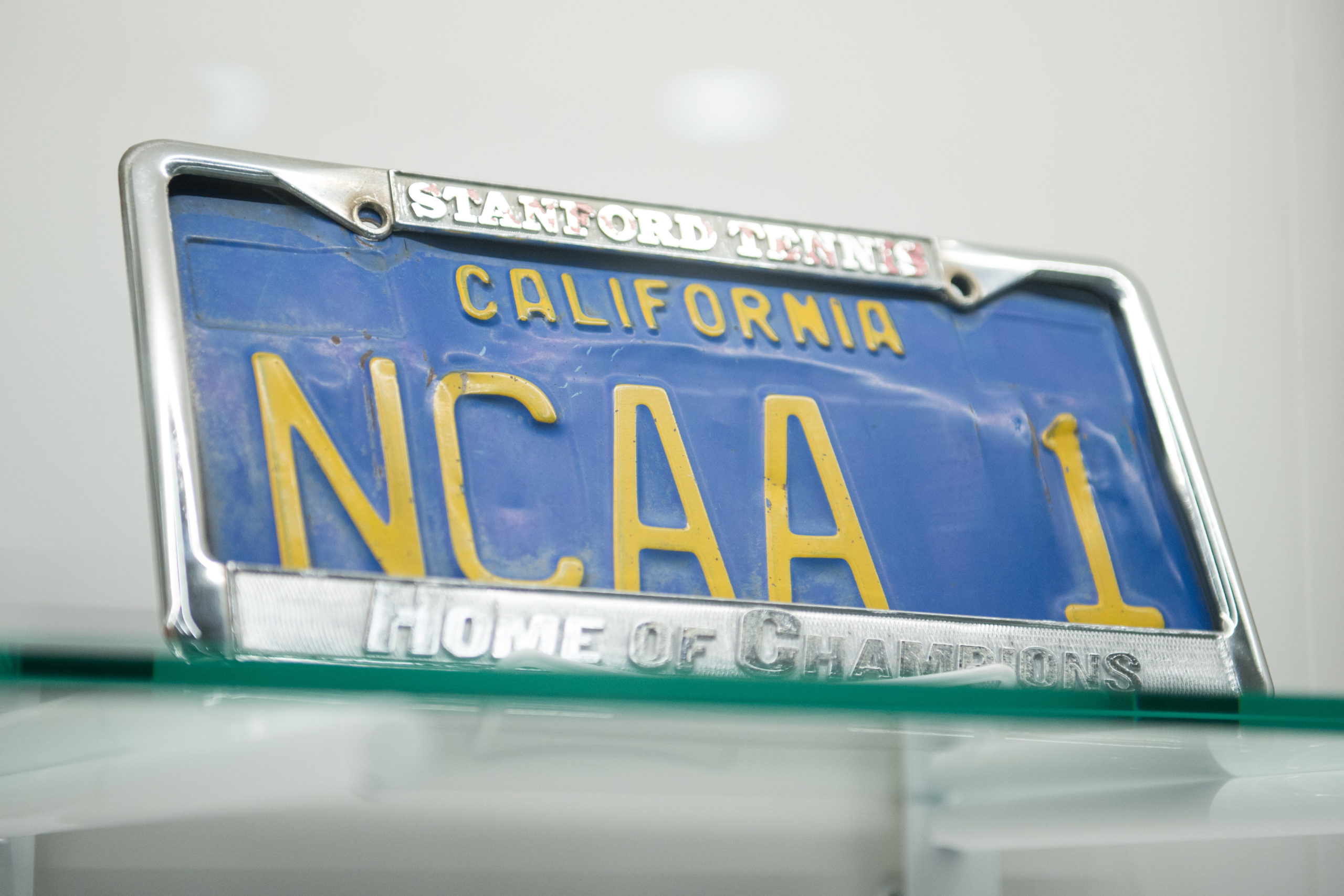With colleges across the country determining their best paths forward amid the COVID-19 pandemic, NCAA president Mark Emmert announced on Tuesday that there will be no official start time for collegiate athletics. Local and state health guidelines and university student policies will dictate to what capacity NCAA athletics will take place at each school, which means timelines will be determined on a school-by-school basis.
“Normally, there’s an agreed-upon start date for every sport, every season,” Emmert said to ESPN’s Heather Dinich. “But under these circumstances, now that’s all been derailed by the pandemic. It won’t be the conferences that can do that either. It will be the local and state health officials that say whether or not you can open and play football with fans.”
But at Stanford, this policy will affect more than football; many teams generally train on campus over the summer, and questions still remain over schedules for fall sports — like those of the reigning national championship women’s soccer, women’s volleyball and men’s water polo teams.
“Local campuses have to decide: Are we opening up, and are we bringing students back to play sports?” Emmert said. “The NCAA doesn’t mandate that, nor should it. The schools themselves have to make those choices.”
The NCAA announcement was released on the same day Stanford University administrators announced that it is likely that social distancing measures will remain in place next school year.
Also on Tuesday and hours before Emmert’s release, many Pac-12 football coaches showed support for a uniform start time, ESPN’s Kyle Bonagura reported. Many coaches hope to begin practicing and playing once states begin lifting restrictions, even if those changes aren’t reflected nationwide.
“I would hate to see athletes just sitting around that you could be training and getting ready for the season just because other places aren’t quite yet to that point,” Utah head coach Kyle Whittingham said to Bonagura.
Instead, Emmert and NCAA chief medical officer Dr. Brian Hainline both are prioritizing each school running on its own timeline rather than a blanket, NCAA-designated beginning of the season.
“This will create some inequities,” Emmert said with regard to potential differences in preseason start dates in an interview with Andy Katz, “but we would much rather relax some of those competitive equity issues than ever put a young man or woman at risk physically or mentally.”
All NCAA athletic competitions and practices have been suspended since March 12. These cancellations affected numerous Cardinal winter and spring sports seasons, including both the men’s and women’s March Madness tournaments.
In March, the NCAA formed an advisory COVID-19 committee composed of medical, health and epidemiology experts, along with NCAA member schools. The group, headed by Hainline, will work with schools and conferences on how to reopen athletics, when the time comes. However, the panel cannot and will not mandate when practices and competitions will begin.
Contact Jeremy Rubin at jjmrubin ‘at’ stanford.edu
